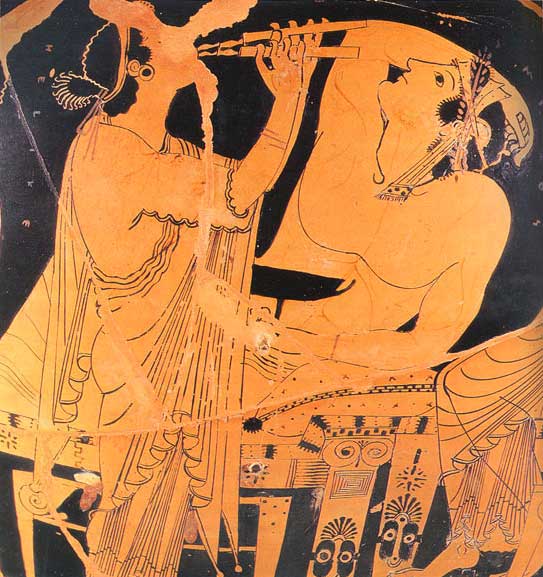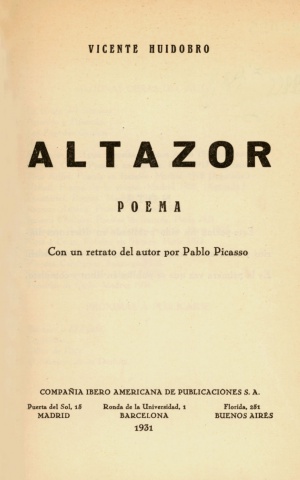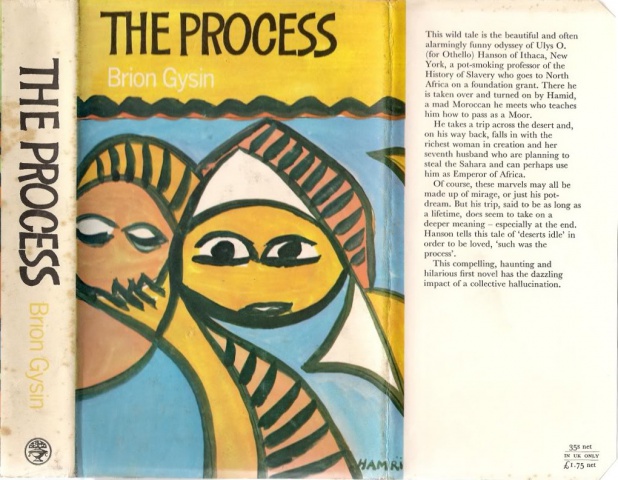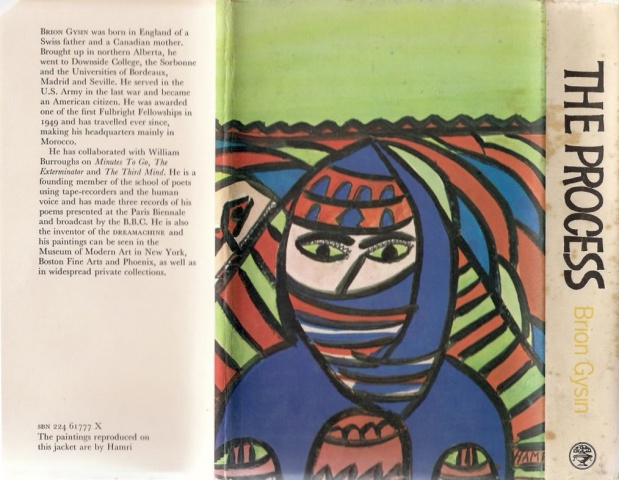Heidi Gustafson (ed.): The Aulos-girl Papers (2013)
Filed under fiction | Tags: · philosophy

“These are the works of an unnamed flute-player who claims to have been present at Plato’s death. The writings, discovered only recently, appear in a transdisciplinary format and are a bit of an enigma. The works provide, regardless of their unusual nature or validity as a witness account, a surreal portrait of, and engagement with, the person of Plato.
Provisionally, the Aulos-girl Papers are compelling for us in two ways: 1. they, like Plato’s authorship, problematize the affairs of the beautiful political soul, and give a fragmented account of how to give birth to a concept (called variously in the text: a boy, a sacrifice, a god, a thing), and 2. though cryptic, they suggest that with our western tradition of philosophy being indebted, and largely footnotes, to Plato, we may also be aligned with Plato’s original debt in service of the esoteric midwife and mimetic twin of Apollo: Artemis, ‘an investigator of virtue.’
We are invited to an acknowledgement and recovery of Plato’s Artemisian tendencies, concepts and values, including the deep problems and responses that are available from such efforts. The recovery interests us mainly because it involves a subtle shift in orientation for philosophical inquiry. A basic move from homopolon (harmony) and haploun (single-mindness or truthfulness) – all Apollonic branches, to those of Artemis: parthenia (virginity, maidenhood, fullness of life), artemes (soundness) and aretēs histōr (investigator of virtue).” (from the introduction)
Edited by Heidi Gustafson, December 2013
51 pages
PDF (updated on 2014-7-23)
Comments (2)Vicente Huidobro: Altazor, or, A Voyage in a Parachute/1919, a Poem in VII Cantos (1931–) [ES, EN]
Filed under fiction | Tags: · poetry

“The first modern poet of the Spanish language — in many ways its Apollinaire — Vicente Huidobro is generally considered to be one of the four greatest Spanish American poets of [the last] century. Yet unlike his peers — César Vallejo, Pablo Neruda, and Octavio Paz — Huidobro is still little-known in the English-speaking world.
Altazor, a book-length poem first published in 1931, is Huidobro’s masterpiece and one of the wildest poems of any language. The century’s great paean to flight, the poem sends its hero (Altazor, the antipoet) hurtling through Einsteinian space at light-speed, as all places and times collapse into one.” (from the back cover)
Publisher Compañia Ibero Americana de Publicaciones, Madrid/Barcelona/Buenos Aires, 1931
111 pages
Bilingual Spanish/English edition
Translated by Eliot Weinberger
Publisher Graywolf Press, Saint Paul, Minnesota, 1988
A Palabra Sur Book
ISBN 1555971067
167 pages
via filboid
Commentary: MemoriaChilena (ES), Justin Read (Translation Review, 2006, pp 61-65, EN), Mario Nandayapa (Liminar, 2006, ES), Bruce Dean Willis (Hispanic Issues, 2010, EN), Comparative analysis with Beckett’s Imagination Dead Imagine (Margaret Lees McTague, Master’s Thesis, 1976, EN).
PDF, PDF, HTML (Spanish, 1931, updated on 2020-12-6)
PDF (Spanish/English, 1988)
PDF, PDF (manuscript, Spanish)
Audio books (Spanish)
See also Altazor: de puño y letra (Spanish, ed. & with notes by Andrés Morales, 1999)
Brion Gysin: The Process (1969–)
Filed under fiction | Tags:


Front and back cover of the 1969 UK edition, via Joujoka festival blog
The Process has the dazzling impact of a drug-inspired dream and, since its publication more than forty years ago, has established itself as a classic of twentieth century modernism.
Ulys O. Hanson, an African-American professor of the History of Slavery, who is in North Africa on a mysterious foundation grant, sets off across the Sahara on a series of wild adventures. He first meets Hamid, a mad Moroccan who turns him on, takes him over and teaches him to pass as a Moor. Mya, the richest woman in creation, and her seventh husband, the hereditary Bishop of the Farout Islands, also cross his path with their plans to steal the Sahara and make the stoned professor the puppet Emperor of Africa.
First published by Doubleday, and Jonathan Cape, London, 1969
Publisher The Overlook Press, New York, 2005
via kmamdani
Interview with the author (John Savage)
Review (William S. Burroughs, undated)
Wikipedia
EPUB (updated on 2016-8-8)
Comment (1)
